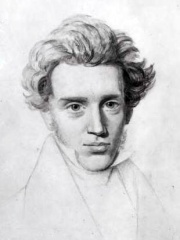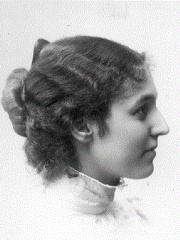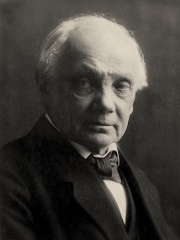



The Most Famous
Philosophers from Denmark
This page contains a list of the greatest Danish Philosophers. The pantheon dataset contains 1,267 Philosophers, 4 of which were born in Denmark. This makes Denmark the birth place of the 41st most number of Philosophers behind Finland and Estonia.
Top 4 Philosophers
The following people are considered by Pantheon to be the most legendary Danish Philosophers of all time. This list of famous Danish Philosophers is sorted by HPI (Historical Popularity Index), a metric that aggregates information on a biography's online popularity.
- #1

Søren Kierkegaard
1813 - 1855
HPI 84.47113 langsSøren Kierkegaard is most famous for his philosophy of existentialism.
Overlapping Lives
Which Philosophers were alive at the same time? This visualization shows the lifespans of the 3 most globally memorable Philosophers since 1700.

